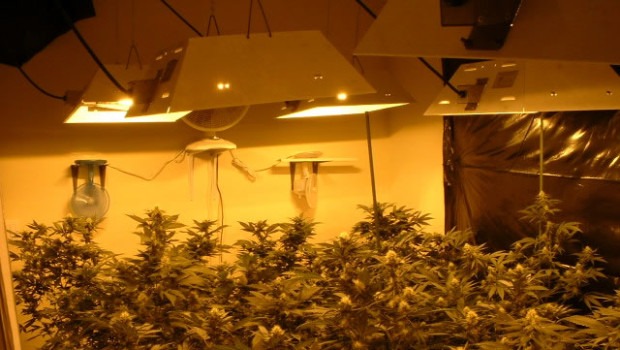Several buildings in central Denver, CO (1 in 11 to be exact) house marijuana. Ever since the state modified its regulations on the cannabis industry, at least 3.7 million square feet of industrial buildings in Denver have been occupied by marijuana plants and processors, according to commercial real estate firm CBRE.
CBRE commissioned a research team to conduct an in-depth study of the marijuana industry’s impact on Denver’s industrial real estate market. Researchers studied the early years of both medical and retail marijuana in the city.
Between 2009 and 2014, the industry leaders were constantly buying new real estate – and they took over more than one-third of all industrial space leased in Denver.
Jessica Ostermick, director of research and analysis for CBRE, pointed out that, “It really kick-started the recovery of the industrial market in Denver.”
The trend has continued. Denver’s industrial real estate market is booming, with rents at near record-high amounts and vacancy rates low. Apparently, marijuana tenants are willing to pay premium rent – often two to three times the average rate. Jason Thomas, a principal of Avalon Realty Advisors observed that, “Tenants are at the mercy of whatever landlords and sellers want to achieve. It’s a dynamic that’s hard to swallow to pay two to three times the rent because you’re a marijuana company.”
However, some experts believe the boom may have leveled off. Paul Kluck, first vice president of CBRE Industrial Services in Denver, stated that, “Right now, we feel like the marijuana grow market, we call it overgrown. That 3.7 million square feet, some of it’s still vacant and there are some growers who haven’t reached full capacity. We don’t feel like there’s additional demand for grow facilities other than the normal in-and-out in existing facilities.”
Industry experts note that such a plateau could shift again if Denver lifts a moratorium that currently allows only medical marijuana businesses that existed prior to October 1, 2013, to now apply for recreational marijuana licenses in the city of Denver.
Michael Elliott, executive director of the Marijuana Industry Group, noted that, “If that moratorium goes away, there might be a lot of people trying to open up grow facilities in Denver who had otherwise been locked out.”
A spokesperson for the city stated that the moratorium is set to expire on January 1st, although the City Council could extend or modify it.
Stay Connected